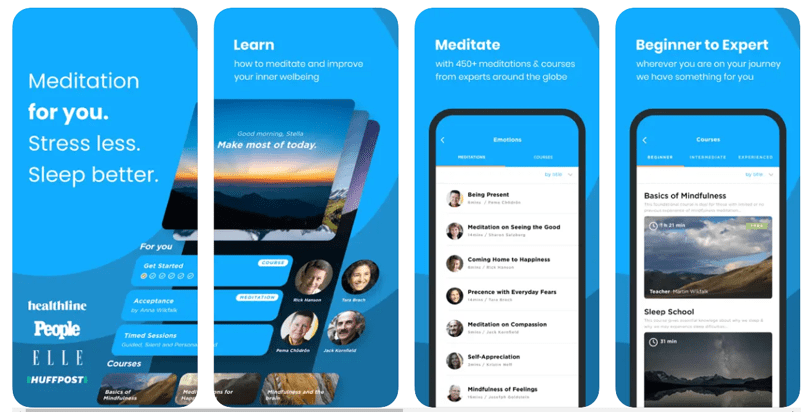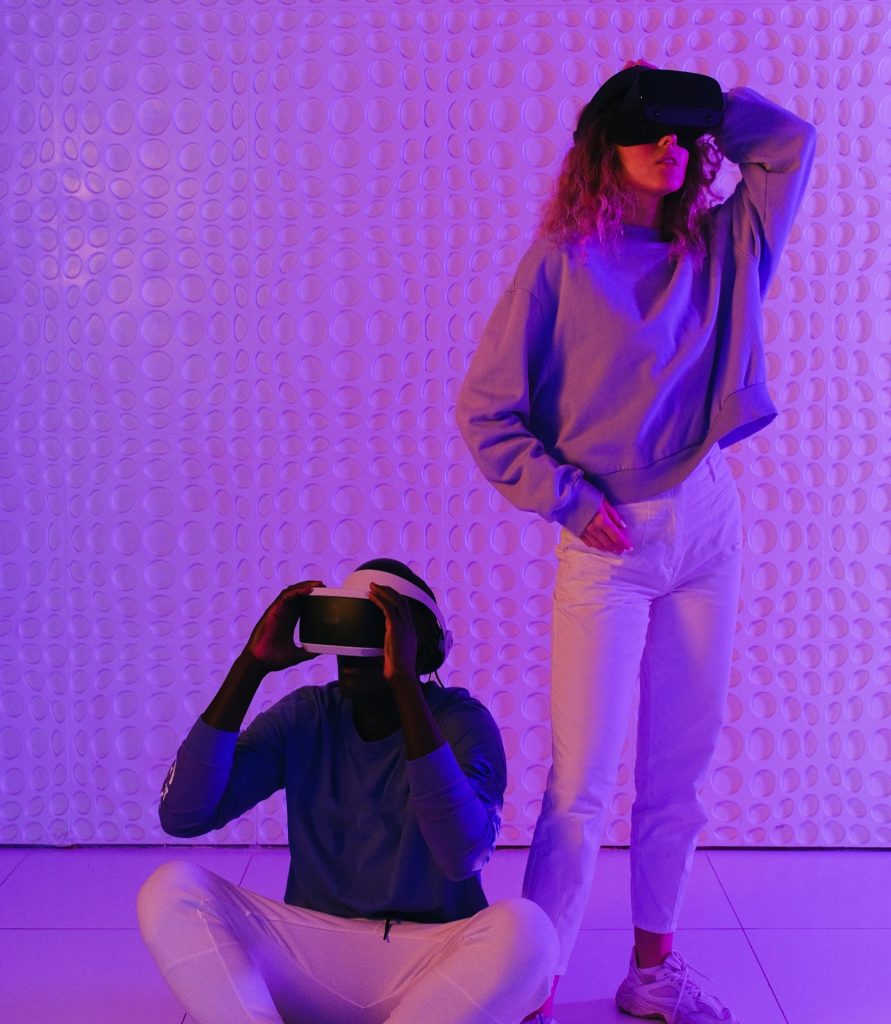
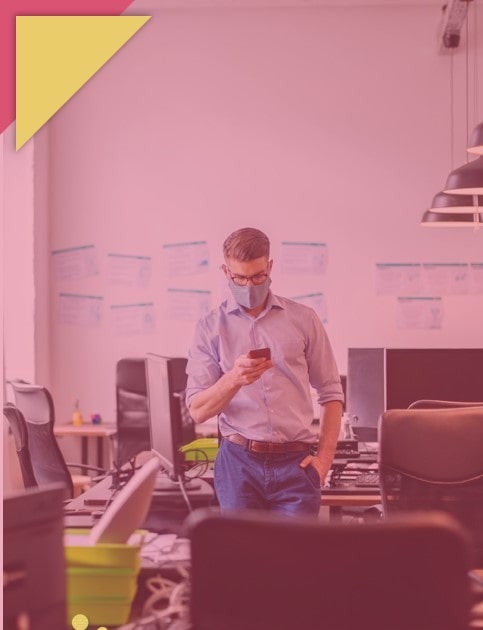
Technology has been a game-changer, especially during the pandemic, allowing us to stay connected and informed. However, like any powerful tool, it can be a double-edged sword.
The spread of misinformation, particularly about immigration, has been a significant issue in many EU countries. This misinformation often takes the form of hoaxes and false narratives that are disseminated through various online platforms, leading to the propagation of hate speech and increased societal tensions. Let’s look key examples:
Addressing this issue requires a multi-faceted approach, including improving digital literacy, promoting critical thinking, and implementing effective regulations on online platforms. It’s also crucial to promote alternative narratives that foster understanding and respect for diversity.

To address these challenges, consider the potential of online escape rooms, such as "The Hoax Factory." This platform is an excellent interactive tool. It not only provides entertainment but also serves as an engaging solution to combat misinformation and promote a positive online environment. By encouraging participation in activities like this one, we can harness technology for the better, fostering a sense of community and dispelling false narratives.

Engaging in creative activities such as art, music, and drama can provide you with a sense of self-expression and mastery, which can contribute to strengthening your identity. These activities can also promote positive social connections and a sense of belonging, which are important factors for wellbeing.

Outdoor activities such as camping, hiking, and rock climbing can offer learning opportunities. They not only promote physical and mental health but also provide spaces for you to develop leadership skills, teamwork, and a sense of self-sufficiency.
Building skills and strategies to handle social challenges is key for your well-being, especially following difficult times like the COVID-19 pandemic.
It's like having a toolkit to navigate the ups and downs of social situations. So, whether it's dealing with changes or finding new ways to connect, these skills are your superpower for staying strong and positive. You've got this!

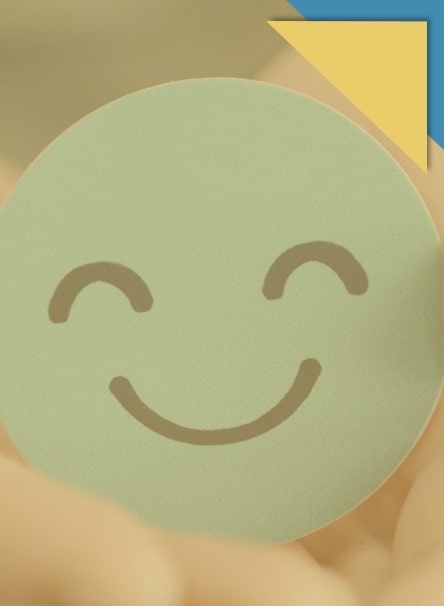
Ever find your emotions all over the place? Emotional regulation is like having a toolkit to deal with it.
So, emotional regulation? It's your tool to navigate emotions smoothly. You've got this!
Ever find yourself facing a tricky situation and not sure what to do? No worries! We've got a cool strategy to help you out.
So, next time you face a challenge, remember these steps.

Social skills are a handy toolkit for navigating social situations:
Tool 1: Clear Communication: Find the best way to express yourself and really understand what others are saying.
Tool 2: Empathy Radar: Tune into the feelings of those around you.
Tool 3: Respect Codes: Showing respect is the golden rule for building solid connections with others.
Tool 4: Peer Pressure Strategies: Equip yourself with smart moves to handle tricky situations. Have a plan for when things get tough.
Tool 5: Conflict Resolution: Think of it as being a peacekeeper. Try to find a way for everyone to get along.
Making sure you take care of yourself is super important. Let's talk about some habits you can build:
Maintain a Balanced Diet: Nutritious food fuels the body and mind. Make sure your diet includes fruits, vegetables, lean protein, and whole grains.
Regular Exercise: Physical activity can help manage stress and improve mood. Find an exercise you enjoy - this could be anything from yoga to jogging to dancing.
Prioritise Sleep: Lack of sleep can affect your mood and cognitive function. Aim for 7-9 hours per night and establish a regular sleep schedule.
Mindfulness and Meditation: Mindfulness practices can help reduce stress and improve mental clarity. Consider dedicating time each day to meditation or other mindfulness practices.
Stay Hydrated: Dehydration can negatively impact physical and mental performance. Aim to drink enough water throughout the day.
Connect with Others: Maintain relationships with family and friends. Social interaction is crucial for mental wellbeing.
Seek Professional Help: If stress or other mental health issues are overwhelming, it may be helpful to speak with a mental health professional.
Spend Time Outdoors: Nature can have a calming effect. If possible, try to spend time outside each day.

Do What You Love: Be available for hobbies or activities that bring you joy and relaxation.
Limit Screen Time: Extended screen time can strain your eyes and lead to mental fatigue. Take regular breaks from your screen and consider implementing a digital detox.


Knowing where and how to seek support when you‘re struggling is a crucial skill.
Remember, asking for support is a strength, and there are people ready to help. You're not alone!
Smiling Mind is now considered to be one of the world’s leaders in the pre-emptive mental health space and a go-to expert for youth-based mindfulness programmes.
It’s free mindfulness app, specifically for youth, is a unique tool developed by psychologists and educators to help bring balance, They suggest 10 minutes a day.
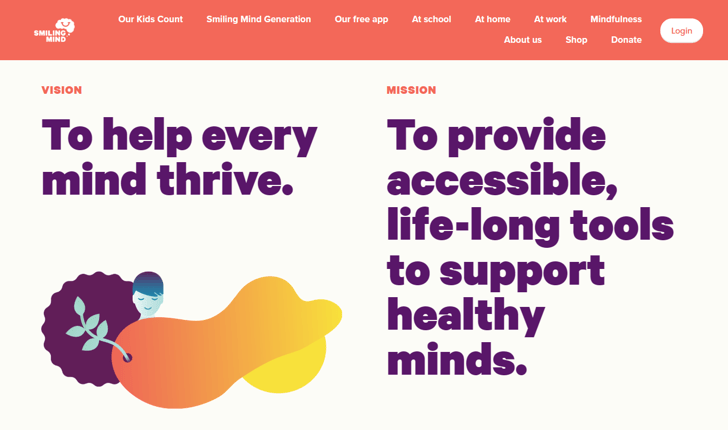
To handle stress, you can try things like mindfulness, deep breathing, and muscle relaxation exercises. Moving your body regularly and eating healthy can also help manage stress.
An excellent tool to check out is The Mindfulness App. It's like a superhero for your well-being. This app teaches you mindfulness practices to handle stress, stay focused, and balance your emotions. It has cool stuff like guided meditations and personalised programmes, making it easy to take care of your mental health. Using this app every day can help to make mindfulness a regular part of your life.
Other Apps are also in this space, check them out.
